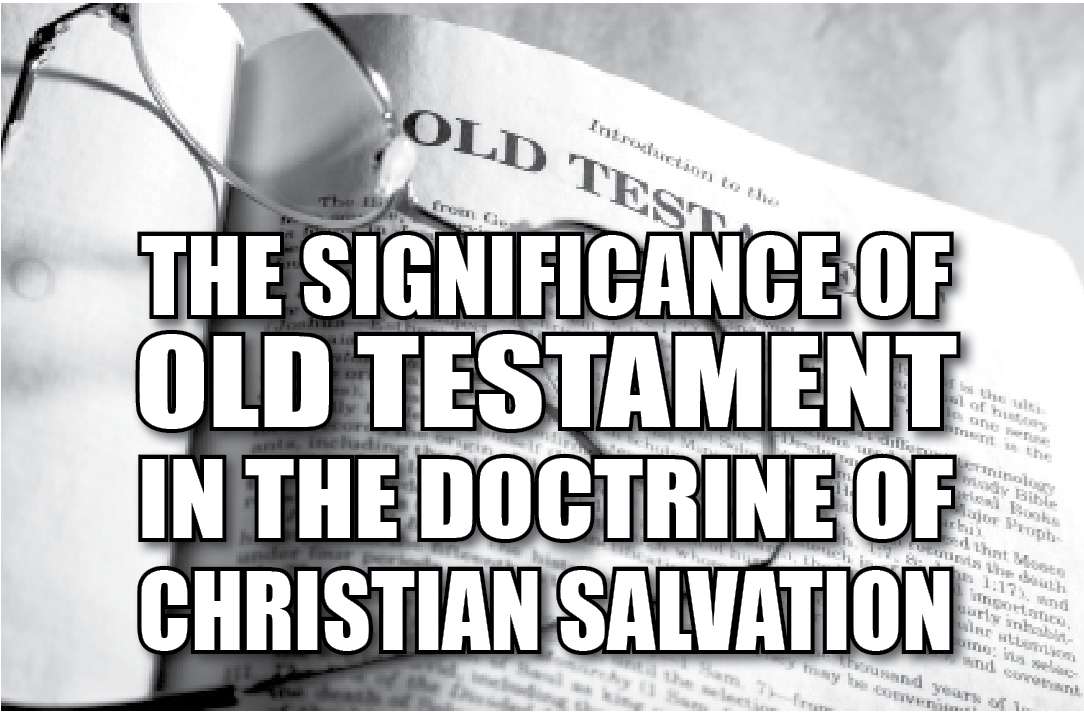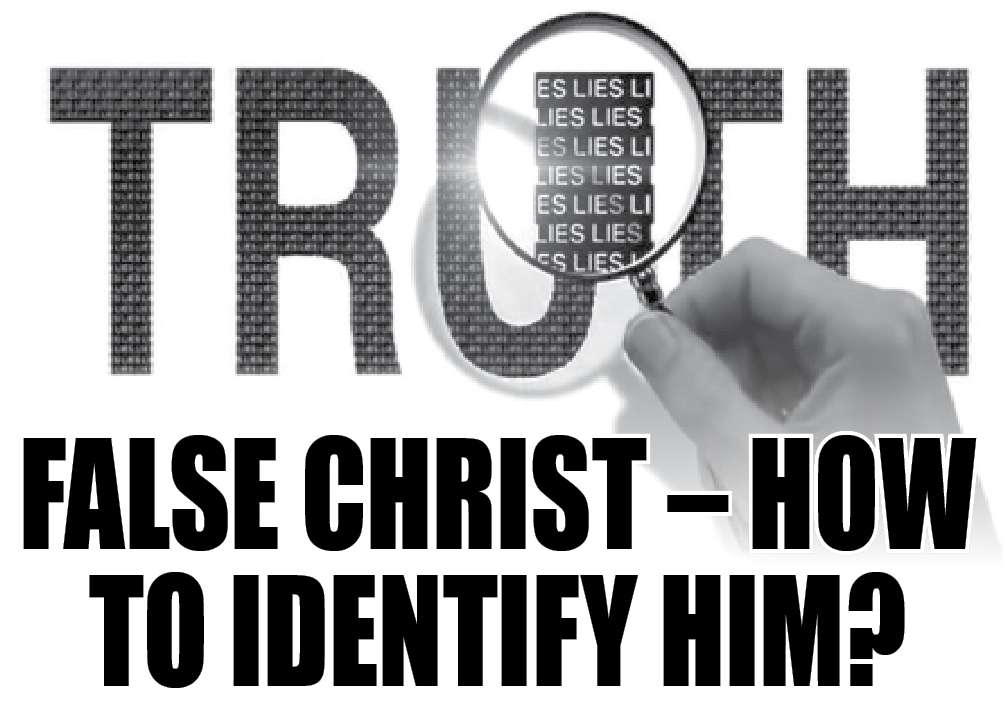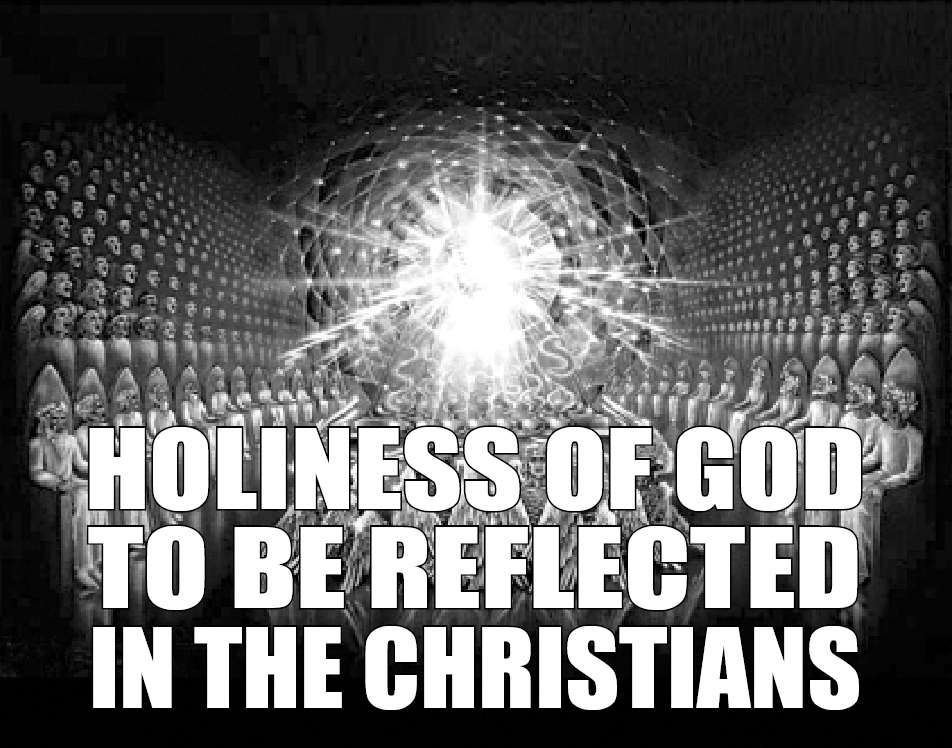

Hallowed be Thy Name
Pr. P. T. Thomas
The English word ‘hallowed’ means ‘to sanctify’ or ‘to make holy’. Does the name of the Lord lack any jot in holiness that we may pray for His great name to be further sanctified? This sounds a litle paradoxical, doesn’t it? Albeit, as Jesus has taught His disciples to pray for the divine name to be hallowed, it is definitely a pertinent and perfect prayer. So the seeming sense of incongruity is caused by our blurred understanding.
Be Hallowed
As the same words used in the secular sphere are also used in the spiritual realm, there is the possibility of their ideas getting coloured. The common tendency is for the secular idea to colour the spiritual sense. This is because our thoughts primarily lean towards the material. In the course of time the secular sense gets popularly accepted. This has happened in our understanding of the word ‘hallowed’ too. In the secular sense ‘hallowing’ or sanctifying’ tend to mean a process of purifying or cleaning. In the spiritual realm, hallowing refers more to the ascribed status of a thing, rather than to its inherent state or its physical condition or level of priority. So ‘be hallowed’ means ‘to set apart’ or ‘to treat as something special and uncommon’. It relates to the manner in which something is treated. When we pray ‘hallowed be thy name’, we pray that the name of the Lord be set apart and held in high honour. May it not be treated as something ordinary or common place.
God is one and the only one of the genre. He is unique and unequalled. So God’s name is unique and hallowed. This exclusive singleness of God in highlighted in this prayer. His name is above every other name in the whole universe. The highest honour, reverence and awe is due to God and God alone. His name is to be treated as singular, unparalleled and unique. It is to be set apart as special and hallowed.
Purifying and Hallowing
A common man may not see any difference between purifying and hallowing. But in the Biblical sense, the two are very different. Purifying is cleaning, whereas, hallowing is separating from the ordinary. Purifying is removing the impurities and improving the intrinsic value or the structural quality. But hallowing is elevating the status and standing of a thing by separating it from others and placing it in a special status. The structural purity of two things may be the same. But if one of them is separated for a divine cause and held above the ordinary, it is hallowed. So hallowing of the name of the Lord does not add to its holiness or majesty. God alone is perfectly holy as holiness could be (Rev.15:4) So perfect is the holiness and glory of God that there is no scope of adding to His holiness. God’s holiness is unique, perfect and inviolable. No one can add to it or violate it. So when we pray: ‘hallowed be thy name’, we beseech the grace of God so that the name of the Lord stands singularly hallowed in and through our lives.
Profaning the Lord’s Name
If the name of the Lord is inviolably hallowed and perfect, how can it be profaned? True, the name of ‘the Lord is inviolably hallowed’ and perfect in holiness. But as God is our God and His name is called on us, we can profane the name of the Lord by our unworthy living. God is invisible and unknown to the worldly people around us. We stand before them as God’s ambassadors. So people come to know God through our life and demeanour. When we stoop to the ordinary, we project our God as an ordinary deity before the world.
It is the Father’s Name
This is the first context in the scriptures where anyone addresses God as ‘Father’, while praying. Earlier, the Israelites prayed addressing God as ‘the God of Abraham, Isaac and Jacob’–or as ‘the Lord of Hosts’ or as ‘the Holy One of Israel’. But here Jesus asks His disciples to address God as ‘Father’. This puts us into a new relationship with God. God no longer is just the awe-inspiring Almighty One reigning in His divine majesty. He comes near us as our loving father. God’s hallowed name gets associated with our day-to-day living. This exposes the name of the Lord to possible profaning before the world at large. We are God’s children and God is our father. God in His grace has accepted us into this cordial relationship. Now, we should stand up to this great standing before God and before the world.
Our Sanctification is the Key
When we pray that the name of the Lord be hallowed, in fact we pray for our own sanctification. The name of the Lord is all holy and hallowed. Now as it is called on us, we by our unholy life can profane it. Hallowing is setting something apart and placing it above the ordinary. If and when we stoop to the ordinary and submit to the commonplace, we drag down the name of the Lord from its hallowed heights and profane it. Our sanctification is the key to the hallowing of the name of our heavenly father. Every privilege brings responsibilities. Now that the hallowed name of the Lord is called on us, we have the sacred responsibility to the Lord, for it to be hallowed.
Breach of Covenant
We are conceited that we don’t indulge in any wickedness or evils. But we forget the fact that our standard should be above that of the morally upright. We should stand above the ordinary. When we start comparing ourselves with the common populace, we go down from our expected standing. We should stay above the ordinary to hold the name of the Lord hallowed. But also, we fail in this and sometimes even go lower than the common people around us.
Prophet Jeremiah specifically speaks about an instance of the Israelites profaning the name of the Lord (Jere 34:12-16). They made a covenant with the Lord in the temple. But they broke the covenant and profaned the name of the Lord. The words of the prophet have a special bearing on our society. The oath one takes at marriage is perhaps the most solemn oath one takes in his life. It is taken in the name of the Triune God in the assembly of the saints invoking the witnessing of even the holy angels. One pledges his commitment to the covenant in any diverse or adverse situation in life’, till death do part us’. It is taken in the name of the holy God in all solemnity and seriousness. But these days it is frivolously broken for silly reasons. Only he who keeps his oath even when it hurts will live on the holy hill of Zion (Psa.15:1,4). We slight the holy name of the Lord when we break an oath taken in His name. Our ‘yes’ should be ‘yes’ Our ‘No’ Should be ‘No’ (Matt.5:37) That too, when an ‘yes’ is said in the name of the Lord, we should hold on to it and honour the Lord. For silly clash of ego we break our solemn covenant and profane our God. All the while we pray, ‘hallowed be thy name’! I wonder, how dare we teach the almighty God! By trifling with the name of the Lord and breaking our oaths we profane His hallowed name and risk our eternal blessings. This is a matter which demands our urgent attention.
As the name of the Lord is called on us, let us stand worthy of it. This is how we can hold the name of the Lord hallowed in and through our lives.























